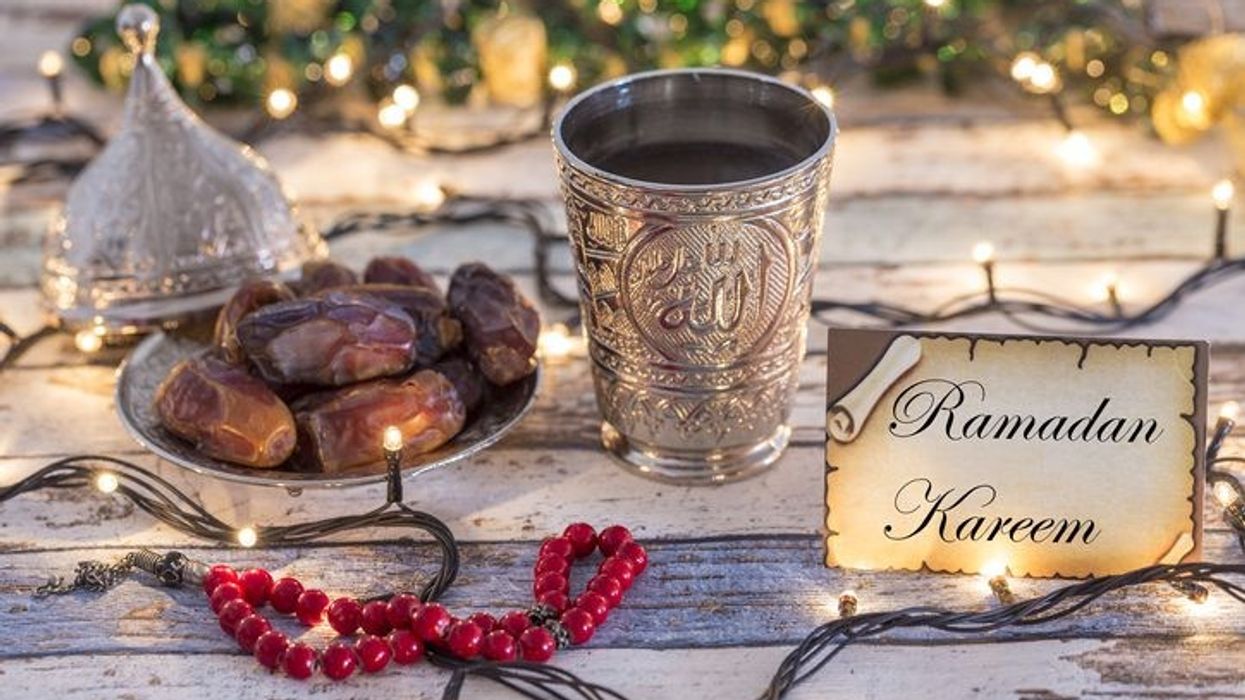Ramadan is a holy month of fasting, prayer, and reflection observed by millions of Muslims around the world. It is a time for spiritual growth and self-discipline and is one of the five pillars of Islam. Ramadan is a month-long observance in Islam whereby Muslims fast from dawn until sunset. Here are some things to know about Ramadan:
• Fasting happens during daylight hours
Ramadan is based on the lunar calendar and begins with hilal, which is the Arabic word for crescent or “new moon”. This happens in the ninth month of each lunar year. But because the lunar cycle steadily moves backwards, Ramadan falls earlier and earlier each year – moving back 11 days each time. During the month of Ramadan, Muslims fast from dawn until sunset. This means abstaining from food, drink, smoking, and other pleasures during daylight hours. This can be especially challenging during the summer months when the days are longer and hotter.
• There are two main meals eaten during Ramadan
During Ramadan, Muslims eat two main meals each day: suhoor and iftar. Suhoor is eaten before dawn and is meant to provide energy for the day ahead. Iftar is eaten after sunset and marks the breaking of the fast. It is important to eat nutritious, energy-rich foods during suhoor and iftar to help sustain the body during the fasting hours.
• Dates are traditionally the first thing eaten at iftar
In adherence to how the Islamic prophet Muhammad broke his fast, a handful of dates followed by a glass of water are consumed before Maghrib (evening prayer) and the main meal. Soaking dates in milk overnight is a Middle Eastern iftar favourite. Some would eat dates followed by fruit or yogurt, which helps to kick-start the body’s metabolism after a day’s worth of fasting.
• Hunger-busting drinks are a big thing during Ramadan
Staying hydrated is essential during Ramadan, especially during the long fasting hours. In addition to water, there are many thirst-quenching beverages that are popular during Ramadan. For example, in the Middle East, jallab is a sweet drink made from dates, rosewater, and carob, usually served with pine nuts and raisins. Khoshaf is another sweet treat made of boiled dried fruits like apricots, plums, figs, dates, and raisins and flavoured with rosewater. Malaysia and Singapore have millennial-pink bandung, which is a rosewater-flavoured milky drink. Smoothies are also a popular way to rehydrate and get essential nutrients.
• Fasting during Ramadan is a must, but there are ‘loopholes’
Although fasting during Ramadan is mandatory for all healthy adult Muslims, there are some exceptions. Those who are unwell and/or taking medication, elderly, travelling, pregnant or breastfeeding, as well as children under the age of puberty, can forgo fasting – especially if it will negatively impact their health. A fast can also be broken if a woman is on her period. In all these cases, those who broke their fast can make up for the missed days of fasting.
• Ramadan is notorious for being a month of weight gain
Despite the daily fasting, many people gain weight during Ramadan. This is because the low activity levels during the day often give way to binge eating at night, which can result in slower metabolic cycles that may cause the body to store fat instead of burning it. In order to maintain a healthy weight throughout the month, Muslims are encouraged to drink plenty of water, eat a diet full of fruits, vegetables, and protein, and wake up every morning for suhoor.
With inputs from BBC good food




